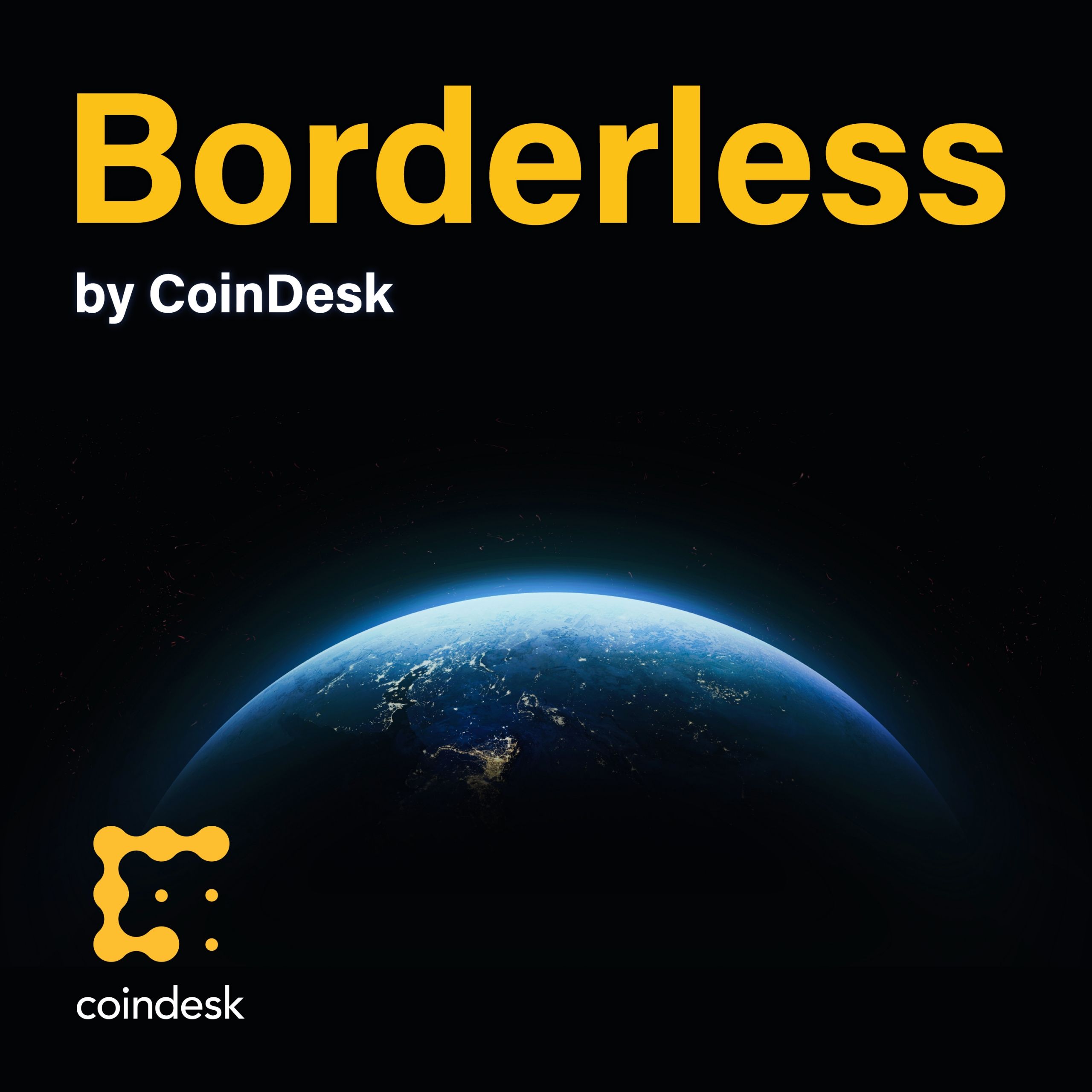In this episode, Anna Baydakova, Tanzeel Akhtar and Danny Nelson discuss possible crypto restrictions in India, fresh darknet market research from Chainalysis and the newest chapter in Virgil Griffith’s North Korea saga.
Will India ban crypto? The move by the government, rumoured for months, may be not as bad as expected. For now, it’s only about illegal activities involving crypto and using it to pay for things, as Minister of State for Finance Anurag Singh Thakur told the nation last week.
India had cracked down on cryptocurrencies: In April 2018, the Reserve Bank of India barred India’s banks from serving crypto exchanges and related businesses. The ban was successfully challenged in India’s Supreme Court and lifted last March. Whether you can really ban crypto in any form is another question, though.
As for illegal use cases, Chainalysis new report on darknet markets and crypto says Russia, the U.S., Ukraine and China are the countries that pump the most money into the illegal goods marketplaces. Per the previous Chainalysis’ report on global crypto adoption, Ukraine and Russia also lead the global retail adoption of crypto.
Does it mean most of the crypto adoption in these countries are “dark”? One thing is clear: Both these countries are user bases of Hydra, the world’s most successful drug marketplaces, pocketing about 75% of the entire darknet markets’ revenue, Chainalysis said.
In the meantime, the court case of Ethereum dev Virgil Griffith is moving along – and it doesn’t look good. During the latest hearing, on Jan. 27, the judge rejected Griffith’s motion to dismiss charges he violated U.S. sanctions law in North Korea. Griffith’s lawyers’ argument that his speaking at a conference in North Korea is not equal to providing “services” to the sanctioned country apparently did not convince Judge Kevin Castel. Free speech or helping bad guys do bad things? A jury will decide in Griffith’s case.
Stories mentioned in this episode:
- CoinDesk: Why India’s Proposed Crypto Ban Has Investors Nervous, May Feed Anti-Bitcoin Narrative
- CoinDesk: India Minister Suggests Modi Government Not Planning Outright Crypto Ban
- CoinDesk: Russia and US Dominate Global Dark Market Traffic: Report
- Chainalysis: Geographic Distinctions in Darknet Market Activity: U.S. and Western Europe Have the Most Vendors, Eastern Europe and China Lead in Money Laundering
- CoinDesk: Ukraine Leads Global Crypto Adoption, Chainalysis Says in New Report
- CoinDesk: Judge Denies Virgil Griffith’s Motion to Dismiss Charges
Did you enjoy the show? We would love to hear what you think. Leave us a review on Apple Podcasts or your preferred service and talk to us directly via email at borderless@coindesk.com.













